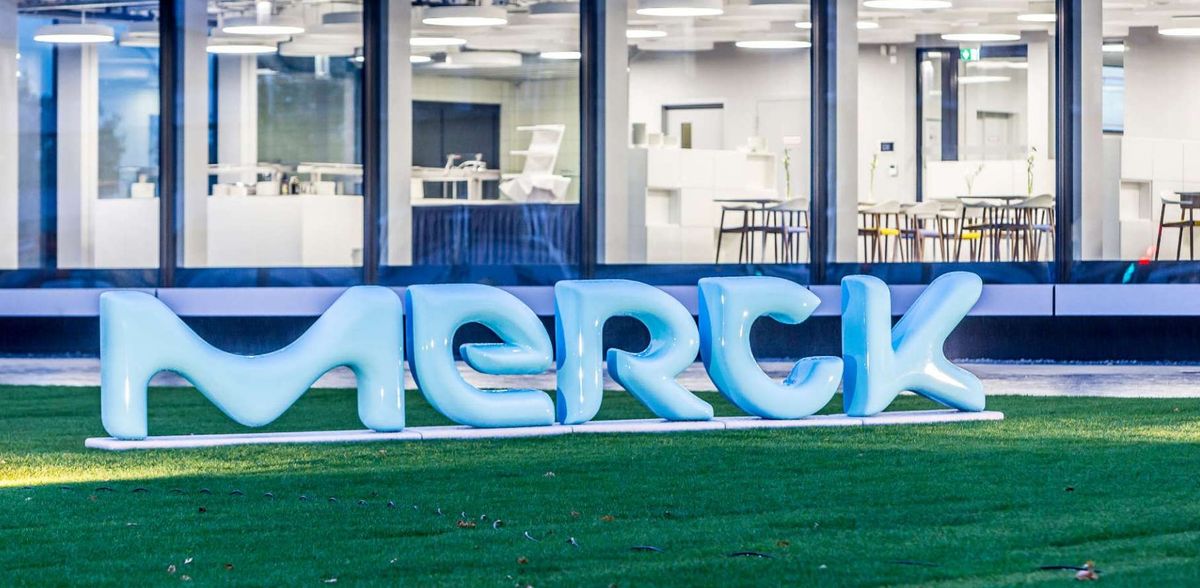Merck to Return to Growth during Fiscal 2024
Transitional year 2023 managed well so far thanks to resilient business model
Merck expects to return to growth during fiscal 2024. This was announced by the company at the Capital Markets Day. In addition, Merck confirmed its medium-term growth targets for its three business sectors and expects continued growth beyond 2025.
Belén Garijo, Chair of the Executive Board and CEO of Merck, said: “Merck’s business model has been put to the test over and over again in previous years and proven itself resilient. Even in challenging circumstances, we see ourselves optimally positioned to continue to generate attractive growth rates in the future. Our multi-industry set-up and diversified geographic footprint enable us to leverage key megatrends – such as the growing demand for specialty medicines, novel modalities as well as artificial intelligence. We are confident that we will be able to resume our growth course in fiscal 2024.”
Thanks to its set-up with three business sectors, Merck expects to see on average stable sales in fiscal 2023, despite a difficult market environment in Life Science and Electronics. The company still assumes an organic sales development of −2% to +2%, leading to net sales of € 20.5 billion to € 21.9 billion in total. In the first half of 2023, the strong growth of Healthcare largely offset the organic sales declines in Life Science and Electronics.
In fiscal 2024, Merck expects to return to organic sales growth for the Group. Several factors will contribute to this: In the Life Science business sector, the decline in Covid-19-related sales will be lower than in fiscal 2023. In the Process Solutions business unit, inventory destocking by key customers should end in early 2024, with sales starting to pick up again during the first half of the year. In Healthcare, Merck expects growth to normalize in line with medium-term aspirations. The market for semiconductor materials in the Electronics business sector is also assumed to recover incrementally in 2024.
At its Capital Markets Day, Merck confirmed its medium-term growth targets for its three business sectors. The company expects the following compound annual growth rates for organic sales development:
- Life Science: 7% to 10%
- Healthcare: mid-single digit percentage range
- Electronics: 3% to 6%
Merck attributes this confidence in its medium-term growth potential also beyond 2025 to an optimal positioning: With its diversified portfolio, the company benefits from key megatrends. In the Life Science business sector, this includes the growing market for complex and novel modalities such as viral vectors, antibody-drug conjugates and mRNA.
In the Healthcare business sector, Merck develops and commercializes specialty pharmaceuticals for oncology and neurology, among others. These include the medicines Bavencio (cancer) and Mavenclad (multiple sclerosis), both of which have shown strong growth in the first half of fiscal 2023. In addition, Merck is conducting clinical trials with the pipeline assets xevinapant (head and neck cancer) as well as evobrutinib (multiple sclerosis).
With its industry-leading range of semiconductor materials, the Electronics business sector expects positive growth impetus in the medium term from the further implementation of artificial intelligence and the Internet of Things (IoT).
With regards to its geographic footprint, Merck aims to be close to local customers with an established position in the economically most important world regions. For instance, in fiscal 2022, the company generated around 35% of its sales in the Asia-Pacific region. According to World Bank data, this region was responsible for around 35% of global gross domestic product (GDP) in 2022. Merck is also well-positioned in other key regions. In fiscal 2022, the company generated around 29% of sales in North America, corresponding to the region’s 28% share of global GDP. In 2022, Europe accounted for around 28% of Group sales and around 17% of global GDP.
Through its global footprint, Merck is also increasing its resilience and becoming less dependent on individual markets, segments and regions.






















































